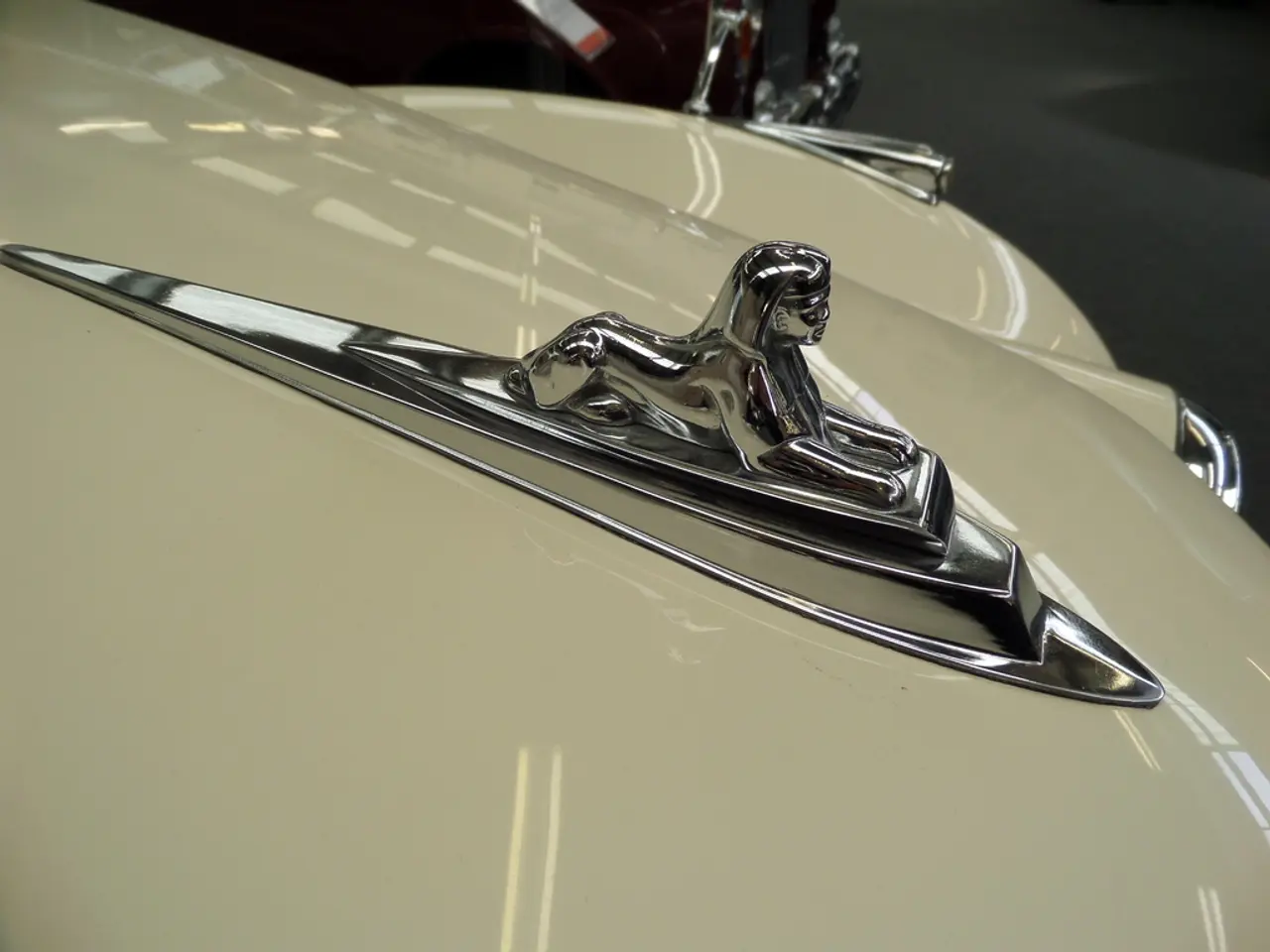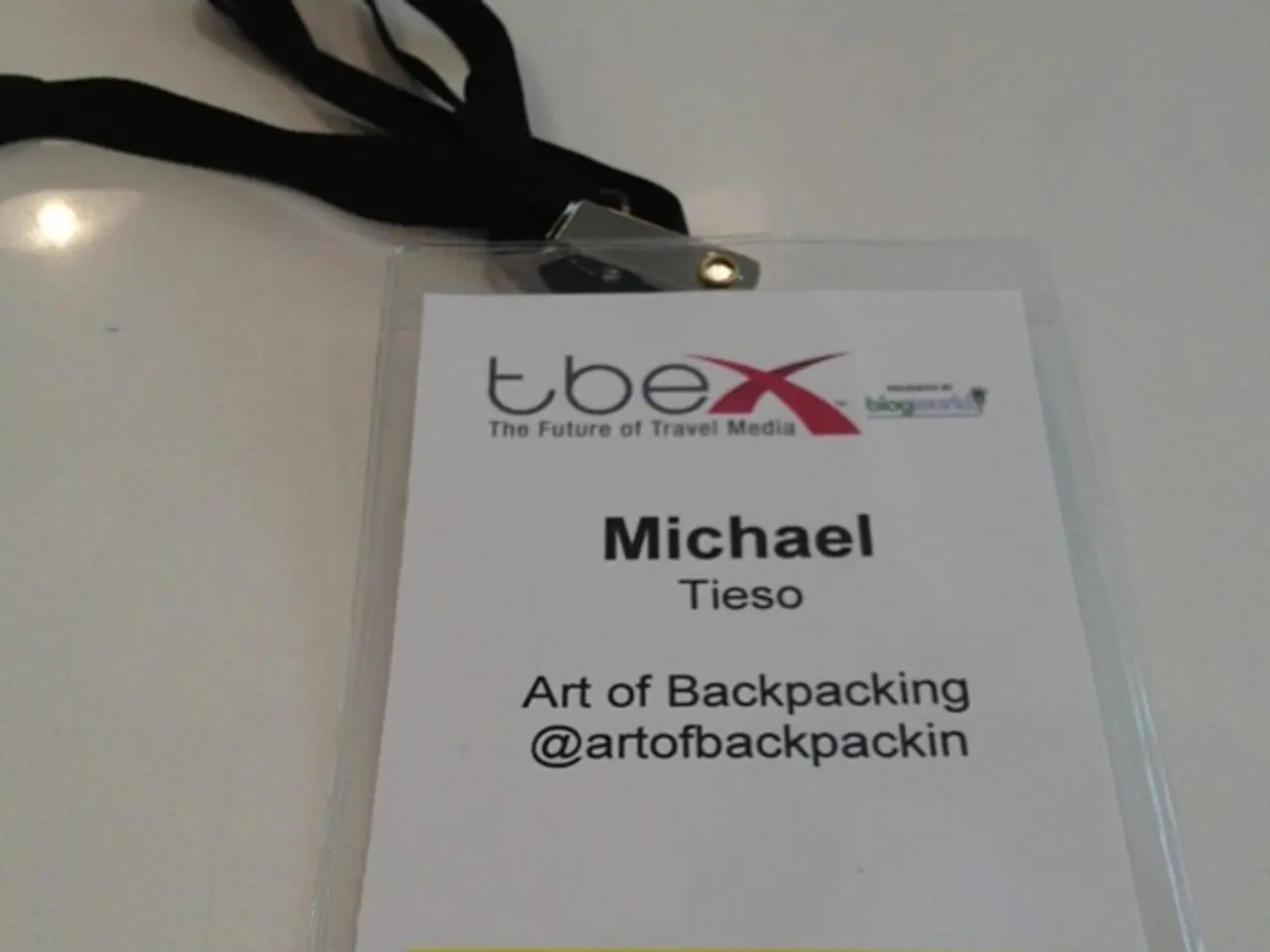Toyota allegedly set to share hybrid technology with auto manufacturers in China
Toyota is making significant strides in expanding its hybrid vehicle technology in China, particularly through its joint venture with the FAW Group's subsidiary, Guangzhou Automobile Group (GAC). This partnership is set to yield a series of plug-in hybrid models, including the next-generation Toyota Kluger (known as Highlander in the US), which will incorporate a plug-in hybrid system.
This focus on hybrid technology in China aligns with Toyota's broader multi-pathway electrification strategy, which encompasses a mix of battery electric vehicles (BEVs), plug-in hybrids (PHEVs), and conventional hybrids.
The impetus behind Toyota's expansion in China is threefold:
1. **Market Opportunity**: China's large consumer base and government incentives for environmentally friendly vehicles present a significant market for hybrid vehicles. 2. **Regulatory Environment**: China's push towards adopting green technologies mirrors Toyota's strategy to expand its hybrid offerings. 3. **Competitive Advantage**: Developing hybrid technology in China helps Toyota maintain its competitive edge in the region against other global and local players.
Toyota's collaboration with GAC Group is pivotal to its expansion in China. This joint venture leverages GAC's local market knowledge and manufacturing capabilities, enabling the development of hybrid vehicles tailored to Chinese consumer preferences and regulatory requirements.
While there are no specific mentions of other Chinese automakers collaborating directly with Toyota on hybrid technology, the overall trend in China's automotive sector is towards rapid electrification and hybridization, which benefits from partnerships like this.
In June, Toyota formed a commercial fuel cell system development company called United Fuel Cell System Research and Development (Beijing) Co. with five Chinese companies: China FAW, Dongfeng Motor Group, Guangzhou Automobile Group Co. Ltd., Beijing Automotive Group Co. Ltd., and Beijing Sino Hytec. This new company is expected to be formally established in Beijing within 2020.
Moreover, Toyota has announced a joint initiative to popularize hydrogen fuel cell vehicles (FCEVs) in China. The new electric vehicle plant and the FCEV development company are part of Toyota's latest efforts to expand in China.
Toyota views China as one of its most important global markets and is considering various measures to meet the needs of its business development in China. Despite selling a record 1.62 million vehicles last year, Toyota's market share in China remains around 6%.
Toyota's hybrid technology will be provided by BluE Nexus, a company jointly owned by Toyota, Denso, and Aisin Seiki. BluE Nexus has reached an agreement with Guangzhou Automobile on the technology transfer. Toyota is also believed to have agreed to offer its hybrid technology to Geely, a privately owned Chinese automaker.
In summary, Toyota's expansion of hybrid vehicle technology in China is driven by the strategic advantages of partnering with local companies like GAC Group. This collaboration enables Toyota to capitalize on China's vast market, tailor its offerings to local consumer needs, and comply with China's environmental regulations. The broader trend in China's automotive sector involves increased collaboration and innovation across the industry.
- Toyota's hybrid vehicle technology expansion in China, as demonstrated through its joint venture with the FAW Group's subsidiary, Guangzhou Automobile Group (GAC), aligns with its broader approach of multi-pathway electrification, addressing various electric vehicle types like BEVs, PHEVs, and conventional hybrids.
- The partnership with GAC Group is crucial to Toyota's growth in China, as it leverages GAC's local market knowledge and manufacturing capabilities to create hybrid vehicles that cater to Chinese consumer preferences and regulatory requirements.
- Besides this, Toyota has formed a commercial fuel cell system development company called United Fuel Cell System Research and Development (Beijing) Co. with five China-based companies, signifying its commitment to innovation and electrification in China’s market.
- Not only has Toyota announced a joint initiative to promote hydrogen fuel cell vehicles (FCEVs) in China, but it is also believed to have agreed to offer its hybrid technology to Geely, showing its inclination to diversify its partnerships and collaborations in China's automotive sector.
- China, being considered one of Toyota's most important global markets, presents significant opportunities for sales growth, including through government incentives for environmentally friendly vehicles and China's push towards adopting green technologies, giving Toyota a competitive edge in the region.




